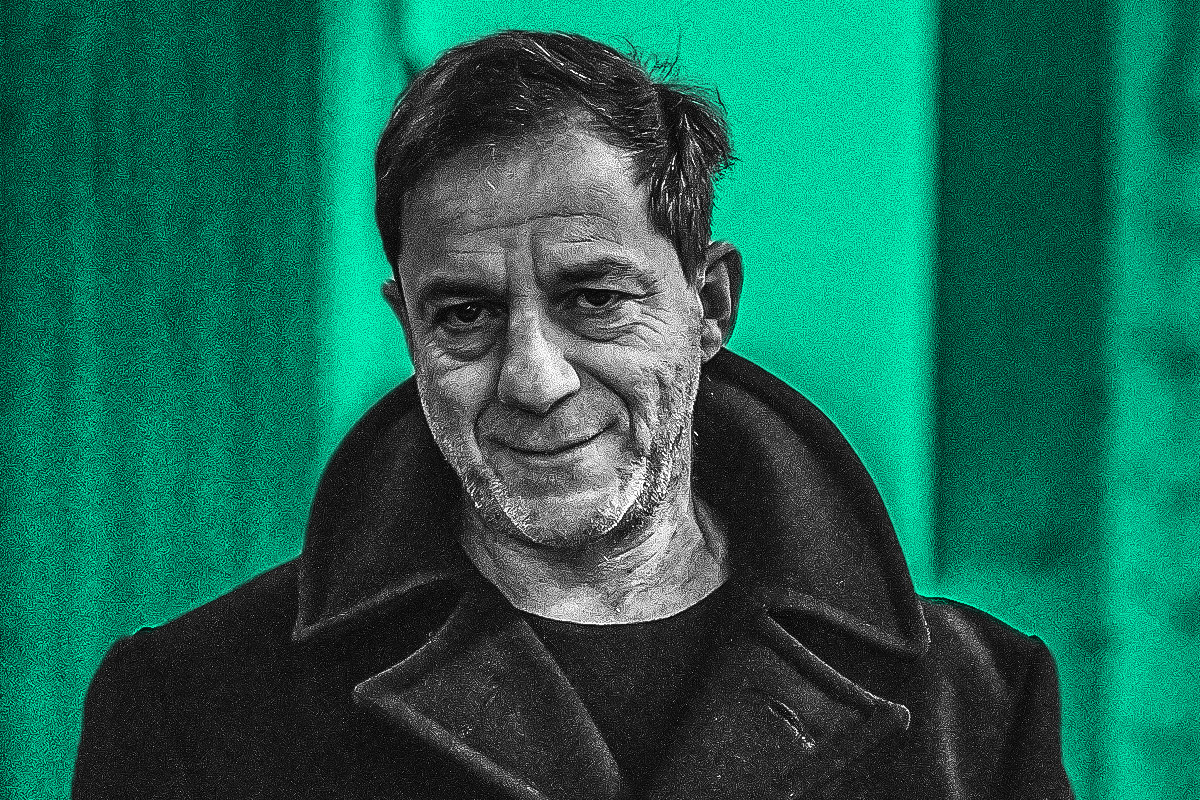By Vasilis Kanellis
Some thoughts about former National Theatre artistic director Dimitris Lignadis’ release from prison and court rulings
This week’s huge wildfires may have preoccupied the media’s agenda, and rightly so, but the wound left by the case of Dimitris Lignadis [the former artistic director of Greece’s prestigious National Theatre, who was released from prison last week, the very day he was convicted of the rape of two male minors, pending the appellate court trial] has not healed, and it will draw our attention for quite some time.
That is not because of the fact that certain political parties are attempting to miserably exploit the release of Lignadis, but rather because citizens are losing their trust in critical institutions.
The judiciary is the last refuge for every citizen, from the poorest to the richest, from the rape victim to the rapist. That is what our legal culture provides for and that is as it should be.
Everyone hopes that he or she can have their day in court and that justice will be meted out, always in accordance with the country’s Constitution and laws.
In most cases, judges vote based on the laws passed by Parliament.
If the laws are bad, have loopholes, or contain provisions based on ulterior political motives, that is all the worse for judges.
We must change our laws, not the judiciary.
The few bad judges at some point are revealed, either because they fix trials or because they succumb to political interventions in order to issue specific rulings.
These “black sheep”, who exist in every profession, must be expelled, so that citizens can trust a paramount state institution – the judiciary – and respect court decisions that are based on evidence beyond a reasonable doubt and are not grounded either on the public’s fleeting sense of justice or on the career, personal choice, or worldview of any particular judge.
Justice must be blind in order to adjudicate a case without regard to whether one is the rapist next door or the rapist who was artistic director of the National Theatre.
The case of convicted rapist Dimitris Lignadis has some paradoxical elements.
It is paradoxical for him to receive a longer prison sentence for one of the two rapes he was convicted of committing and a smaller one for the second one.
There is no such thing as being…less of a rapist, and we must clarify precisely what rape means and its repercussions on the victim.
Rape is not a simple crime, especially when it involves minors and when the rapist in committing the act exploits his authority and the power that he feels he has.
That he was freed from prison is also paradoxical due to a simple fact.
When Lignadis was arrested, the judge and prosecutor concurred that he should be remanded in custody because he was under suspicion of once again committing similar acts.
They ruled that he cannot move freely in society because there was a considerable prospect that he may again rape or go on the lam.
One must note that at that point in time the director was presumed innocent until proven guilty, and the rationale was that he was capable of committing more crimes.
After a year-and-a-half of being jailed in the sex offenders’ prison in the city of Tripoli, Lignadis was convicted of two rapes.
He is now officially a criminal until a higher court issues a final ruling.
Yet, the judges decided that the convicted rapist can be freed because he does not pose a danger to anybody.
That is a legal paradox that must be closely scrutinised, not by those who are ignorant of the law, but by those who are knowledgeable and can judge the facts of the case with some authority.
The excuse that Lignadis is very famous and that everyone will be monitoring his moves cannot stand, because it abolishes equal justice under the law.
Why should an anonymous rapist be considered more dangerous than a famous one when they move freely in society?
As for the demeanour of a victor that Lignadis exhibited upon his release outside of Korydallos Prison, where he said that now HE is speaking, it reflects his sense that he is all-powerful before a judiciary that clearly demonstrated in this case that it is in deep crisis.
In the case of the famed director, the only remedy is to immediately launch the appellate trial proceedings so that if his conviction is upheld he will go where he deserves to be.
Something else should also happen. More rape victims should start to speak out.
Only in that manner can one hope to put an end to such crimes, committed by miserable wretches.
Silence is the greatest mistake for those who have suffered abuse or rapes.



